Thanks to all of our TRA members who participated in studies in 2023! Like to know more about how they are progressing? Find out below…..
The FEASST study, which is looking into how diet affects male fertility, is urgently looking for more men – identical and fraternal twins aged 20-45 living in Melbourne or surrounds. After a 12-month search, a handful of male twin pairs have joined the study – a huge thanks to these pairs! A special call-out for our male members to please support these amazing researchers! Their persistence in seeking volunteers is only matched by their dedication and belief in the critical importance of this research. If you fit the eligibility, please respond, or if you know others who do, please let them know about this vital project. It includes: $300 in reimbursement for each twin, free meals for three weeks valued at $1000, and a Fitbit/or one month gym membership. Like to know more about what is involved? Who better to ask than Melbourne twins, Royden and Pierson Budge, who are FEASST participants! Read on
With pressures on Australia’s healthcare system, many people are finding it difficult to access health services. Launched in mid-2023, TRA’s Health Behaviours (Online) Questionnaire aims to understand Australian adults use of the healthcare system across a range of services including cancer screening. Thanks to your wonderful response with 4,367 participants so far – and recruitment is continuing for this landmark study. It is open to all adult twins and higher order multiples currently living in Australia. Learn more
The Monash University study, Resilience and Vulnerability to Mental Health Problems, has just finished collection of close to 1000 saliva samples from TRA members. They are so thankful for this great response! Over the next year, they will be extracting and analysing these samples in the hope of finding genes associated with mental health resilience and vulnerability. After analysis of samples, zygosity testing results will be provided to those who consented to receive that information – DNA extraction is a slow process so this will take a while for their small team to get through all samples. Visit the study page
The Australian Twins and Sisters Mammographic Density Study has been following up original participants of the 2005-2007 study throughout 2021 and 2022. We give thanks to the fantastic 331 twin pairs and 114 others who have re-joined the study so far. In 2023, the study followed up participants who had partially completed their surveys, and invited others who expressed interest. The researchers are keen to hear from any previous participants; if you haven’t yet received your invitation, please find out more here.
TRA’s Victorian Population Twin Cohort Study is supporting the development of new methods to identify twin pairs in large health databases. Thanks to the 354 adult pairs, 570 junior pairs and 442 others who have joined this study, which aims to increase twin representation in health research, with the potential to improve twin and family health. Visit the study page
TRA began its partnership with GenV in 2022. Short for Generation Victoria, it is the largest childhood research project ever in Australia. It aims to give a complete picture of the health and wellbeing of an entire generation and help researchers answer some of the most important questions facing Victorian children and parents. It is open to all Victorian children born from 4th October 2021 to 3rd October 2023, and their parents. So far 561 multiple-birth families have joined, and we hope all eligible TRA members will join too. Learn more
We are excited to continue recruitment efforts for these studies and to launch new studies in 2024. Stay up to date on our current studies page here

